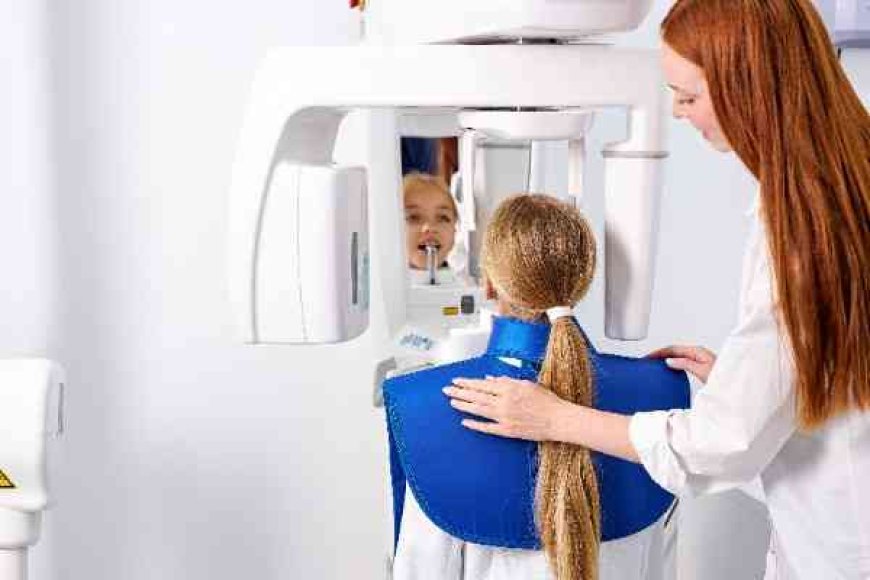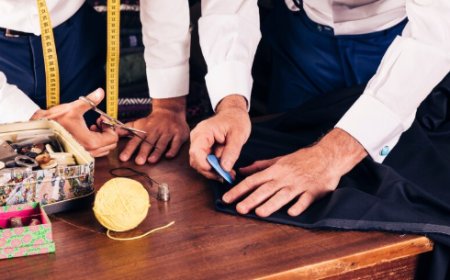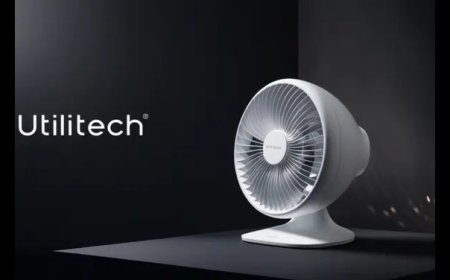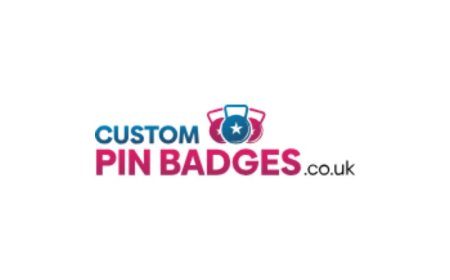How to Care for Your Toothbrush and Benefits of Using Mouthwash
Maintain oral health with proper toothbrush care and mouthwash. Tips on hygiene habits and tools that support long-term teeth and gum wellness.

Keeping your mouth clean isnt just about brushing twice a day. How you care for your toothbrush and whether you use mouthwash can make a real difference to your oral health. These simple tools, when used properly, can help reduce plaque, prevent bad breath, and even protect against gum disease. Its easy to overlook the basics, but giving your toothbrush the attention it deserves and understanding the role of mouthwash will give your daily routine an upgrade that your smile will thank you for.
Why Toothbrush Hygiene Is Non-Negotiable
Lets be honest most of us give more thought to brushing than to what happens before or after. But keeping your toothbrush clean and in good condition isnt just a matter of habit; it directly affects how effective it is at doing its job.
Private dentist in Boltonclinics regularly advise patients to be as mindful of their brush as they are of their brushing technique.
Key Toothbrush Hygiene Stats
- The average toothbrush harbours over 10 million bacteria, including E. coli and staph (University of Manchester)
- A toothbrush kept near the toilet can be contaminated by airborne particles up to 6 feet away
- The NHS recommends replacing your toothbrush every 3 months, or sooner if bristles are frayed
Daily Toothbrush Care: Dos and Donts
Dos
- Rinse thoroughly after each use to remove toothpaste and debris
- Store upright in an open container to allow air-drying
- Use separate holders to prevent cross-contamination with other brushes
- Sanitise weekly by soaking in mouthwash or using a UV sanitiser
Donts
- Dont cover it immediately moist environments breed bacteria
- Dont share your toothbrush, even with family
- Dont use extremely hot water that can warp bristles
Its worth noting that even if youre diligent with brushing and flossing, skipping proper care of your toothbrush can reduce your cleaning power significantly.
Electric vs Manual: Does Care Differ?
|
Brush Type |
Care Notes |
|
Manual |
Replace every 3 months or when bristles fray. No moving parts to clean. |
|
Electric |
Replace brush heads every 3 months. Clean the handle and charging base weekly to remove residue. |
Toothbrush Storage: Are You Doing It Right?
It might sound silly, but where and how you store your brush matters more than youd think.
Teeth whitening Bolton clinics often point out that poor toothbrush storage habits contribute to plaque buildup and reduced whitening results.
Best Storage Tips
- Keep it at least 1 metre away from toilets to reduce contamination risk
- Avoid closed containers unless you're travelling
- If you're in a humid bathroom, ventilation is key a small fan or open window helps
- Dont mix brush heads in one cup use dividers if necessary
Brush holders that arent cleaned weekly can be dirtier than your toilet seat and wipe them down often.
When to Replace Your Toothbrush
Lets be honest: most people stretch out toothbrush use far beyond whats healthy. The cost of new brushes is minor compared to the oral health risks of hanging on too long.
Signs Its Time to Replace:
- Bristles are splayed or discoloured
- Youve had a cold, flu, or oral infection
- The brush smells odd even after rinsing
- Its been more than 3 months
You can set reminders in your phone or even buy brushes with fading bristles that indicate wear.
Why Mouthwash Should Be More Than a Breath Fix
Mouthwash isnt just a minty rinse its a functional part of a proper oral care routine, especially when paired with brushing and flossing. Its benefits go well beyond fresh breath.
Teeth whitening Boltonclinics often recommend mouthwash to protect enamel and maintain cosmetic results longer.
Choosing the Right Mouthwash for Your Needs
|
Mouthwash Type |
Key Ingredients |
Best For |
|
Antibacterial |
Chlorhexidine, CPC |
Gum disease, high plaque levels |
|
Fluoride-Based |
Sodium fluoride |
Enamel protection, cavity defence |
|
Whitening |
Hydrogen peroxide |
Stain prevention, cosmetic care |
|
Alcohol-Free |
Aloe, essential oils |
Sensitive mouths, dry mouth issues |
How and When to Use Mouthwash Properly
Correct Usage Tips:
- Wait 30 minutes after brushing if your toothpaste contains fluoride
- Use the full 20ml (or capful) and swish for at least 30 seconds
- Dont rinse with water afterward let the active ingredients linger
- Use once or twice daily, depending on the product instructions
Common Myths About Mouthwash Debunked
It can replace brushing.
Absolutely not. Mouthwash is complementary, not a substitute. It doesnt remove plaque or food debris.
All mouthwashes kill bacteria.
Only those withantibacterial agentsdo. Fluoride-based rinses protect teeth but arent designed to kill germs.
Burning means its working.
Thats just the alcohol. A strong tingling doesnt equal better cleaning. In fact, alcohol-free variants are just as effective for most needs.
Combining Toothbrush Hygiene and Mouthwash for Best Results
On their own, both practices improve oral hygiene but together, they create a complete approach. Think of it as layering your oral defence:
- Brushing physically removes plaque
- Flossing dislodges particles between teeth
- Mouthwash disinfects and refreshes
- Toothbrush care ensures every session is effective
Teeth whitening Bolton professionals often suggest clients adopt this full-circle care plan to maintain brightness and gum health post-treatment.
What About Travel and Toothbrush Safety?
- Use ventilated caps, not airtight tubes
- Dry your brush completely before packing
- Carry a small bottle of mouthwash for dual-use mouth cleaning and brush rinsing
- Replace your toothbrush at the end of your trip, especially after flights
Future of Toothbrush Tech and Mouthwash Formulas
The oral care industry continues to evolve, and innovation is leading to smarter tools and cleaner formulas.
What's Coming:
- Self-sanitising toothbrushes using UV LEDs
- App-connected brushes that monitor technique
- Plant-based, alcohol-free mouthwashes with added probiotics
- Formulas tailored to oral microbiome diversity
Conclusion
Toothbrush care and mouthwash use might seem like small habits, but together, they form a powerful combination for long-term oral health. From replacing your brush on time to choosing the right rinse for your needs, these routines protect more than just your teeth they safeguard your gums, breath, and confidence. EDB believes that everyday practices, done right, make the biggest difference. Simple, effective habits are the foundation of a healthy smile that lasts a lifetime. It starts with the brush and ends with care.





















![Top 11 Real Estate Mobile App Developers in Riyadh, Saudi Arabia [2025 Edition]](https://www.philadelphialivenews.com/uploads/images/202506/image_430x256_68621a9e48997.jpg)





















